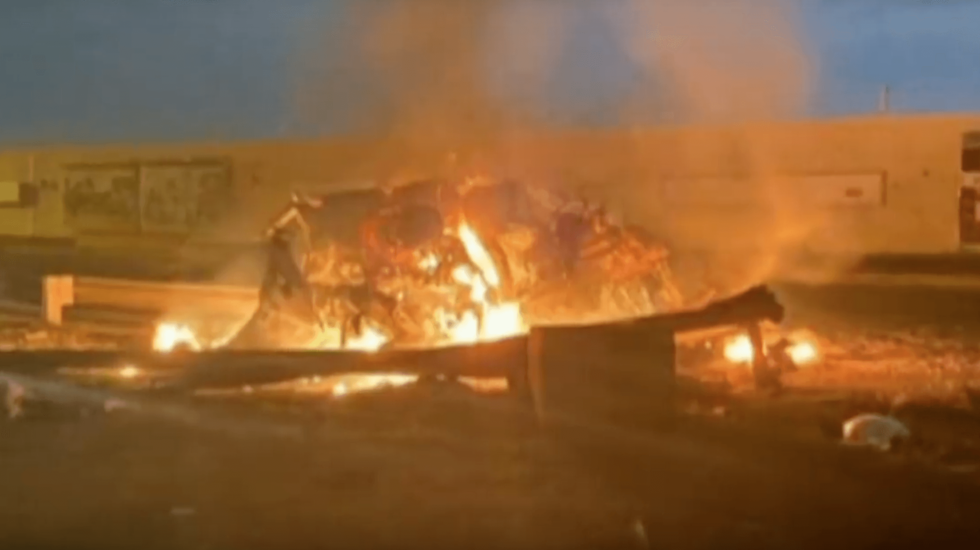The drone strike that killed Iranian Maj. Gen. Qasem Soleimani is already having repercussions throughout the region with Tehran vowing revenge.
Iran’s Supreme Leader, Ayatollah Ali Khamenei, said in a statement, “With his departure and with God’s power, his work and path will not cease, and severe revenge awaits those criminals who have tainted their filthy hands with his blood and the blood of the other martyrs of last night’s incident.”
The Washington Post reports:
“Soleimani was a towering figure in Iran’s power projection across the region, with close links to a network of paramilitary groups that stretches from Syria to Yemen. His death in the smoldering wreckage of a two-car convoy in the Iraqi capital, Baghdad, left U.S. outposts and personnel bracing for retaliatory attacks and oil prices shooting upward. The U.S. Embassy in Iraq warned its citizens to leave “immediately.”
Iran’s defense minister warned that his country would deliver “a crushing response” to the American attack.
Secretary of Defense Mark Esper said the Iranians were “developing plans to attack American diplomats and service members in Iraq and throughout the region. This strike was aimed at deterring future Iranian attack plans.”
Here’s coverage from the BBC:
Is the Trump administration ready for the backlash for what it started? From Vox:
“The killing of Suleimani, the long-time head of Iran’s Islamic Revolutionary Guard Corps Quds Force (IRGC-QF) is likely to prove a watershed in Washington’s relations with Iraq and Iran and will substantially affect the overall US position in the Middle East. The blowback may be huge, and much depends on how well prepared the United States is for Iran’s response and that of its many proxies in the Middle East.
“Based on the Trump administration’s record in the region, there is reason to be worried.“



